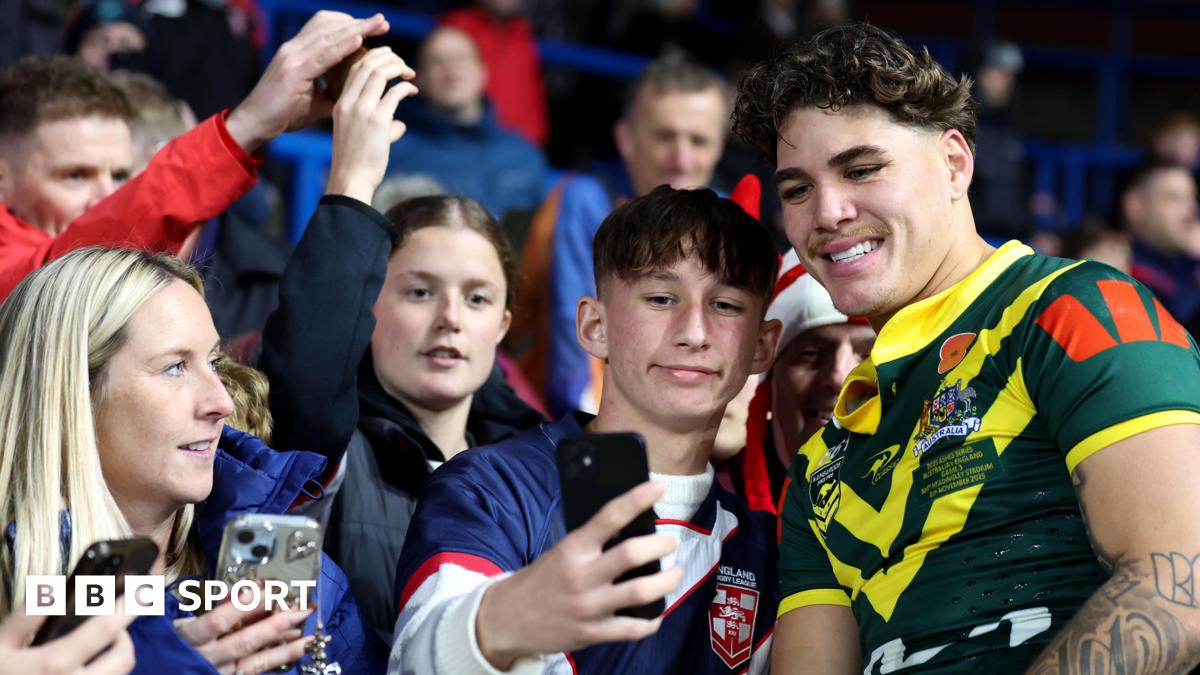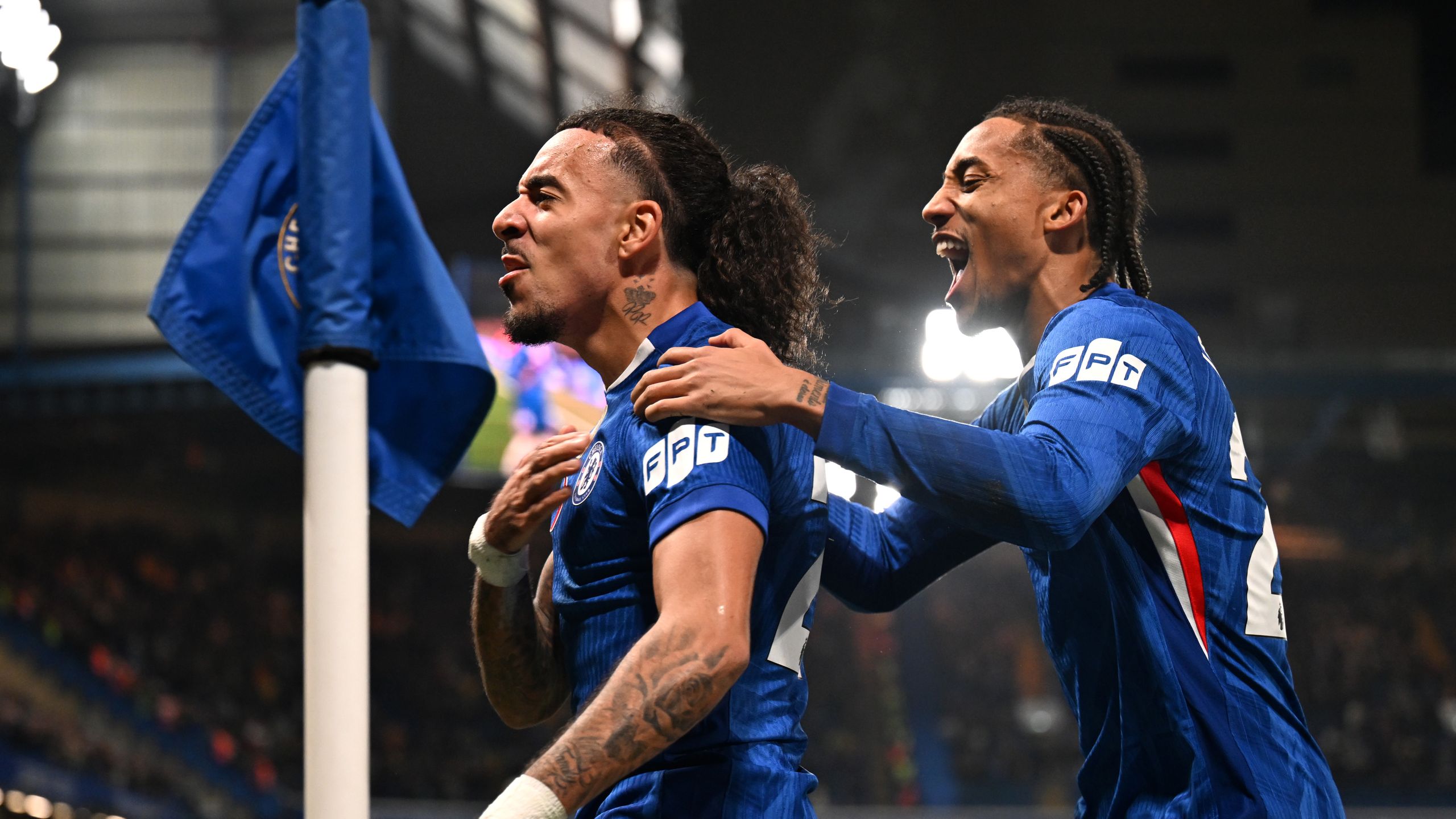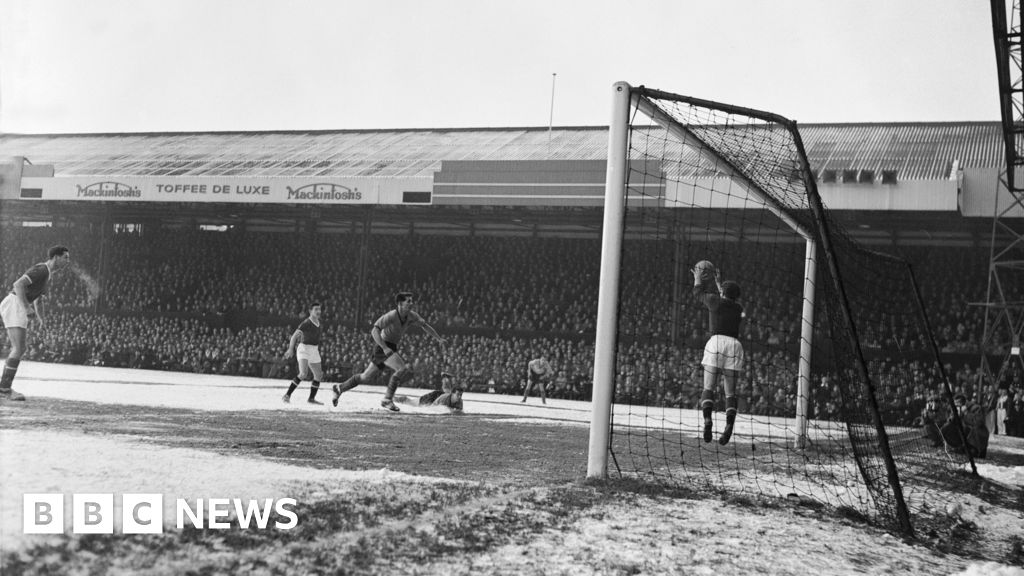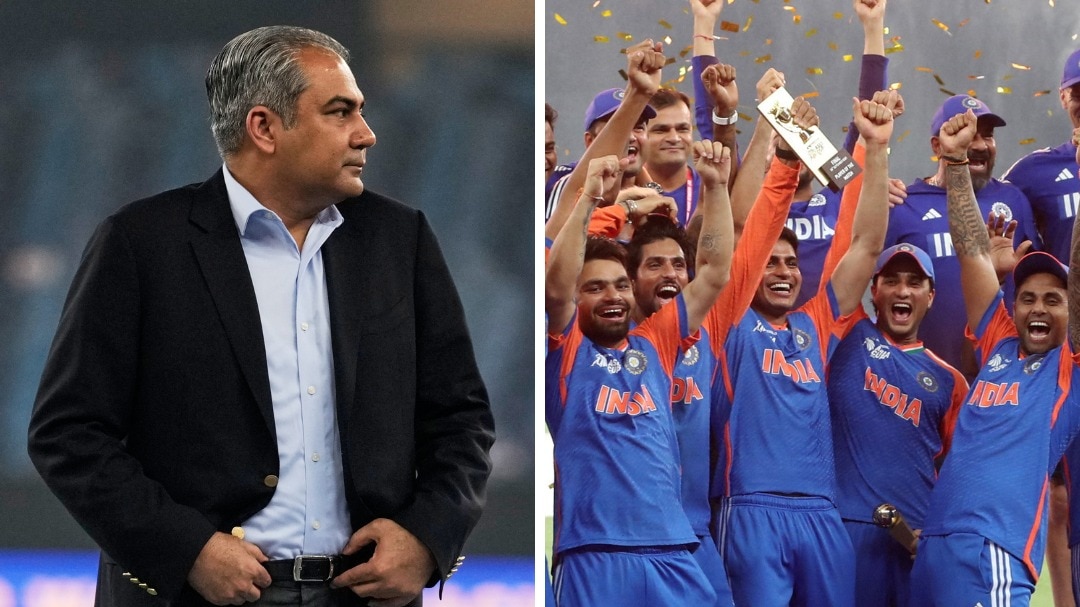Rugby League Ashes: Is revived England v Australia series here to stay?

When England trudged off the field at Headingley, disappointment hung in the air for several reasons.Not only because of the 30-8 defeat on the day and the 3-0 series loss to Australia, but for the fact that this might be the last time England play in front of a home crowd until 2027.England do not have a home Test booked in for 2026, before next year's World Cup in Australia and Papua New Guinea. They will then play New Zealand in a three-match series, starting 23 months from now.With Super League expanding to a 14-team competition next term, a mid-season Test fixture, removed from the calendar in 2025, appears unlikely.It is a shame, given that this Ashes series – the first since 2003 – has proved a huge draw.A total of 132,418 fans attended the three games, including more than 60,000 at Wembley and 50,000-plus at Hill Dickinson Stadium. One suspects Headingley – the 19,500-seater venue for the final Test – could have sold out at least twice over.So given its popularity, what chance the Ashes become a regular event?There is a tour of Australia planned for 2028, and BBC Sport understands it would be an England team who travel rather than Great Britain. The series is likely to happen, but details have not yet been confirmed.Australia are keen to play England again - and not just because of the glow that comes with a 3-0 series win.Peter V'landys, chairman of the Australian Rugby League Commission, told BBC Sport after the first Test: "It's a high priority for us to make the international game a higher profile and put the pride back in."I think there's an appetite with the audience – which was the case here with 60,000 people [at Wembley]. So you know there's certainly a demand. It has to be a regular series."After the final match, Australia coach Kevin Walters and his captain Isaah Yeo said they wanted another Ashes series soon."Some of the Australian press have been saying it is walk in the park," Walters said. "But come over and walk with them. It's great Test football."It's difficult to win games and be at your best all the time. England didn't let us. We have to learn from that and get better next time."We have great respect for England. They play a different type of football here. The Ashes needs to continue on a regular basis for us to both get better as national teams.""Twenty-two years has been too long," added Yeo. "With all the growth in the international space, you don't want to lose that. The history around that... it needs to be a regular fixture."Certainly, Australia have thrown themselves into the touring spirit. As well as winning on the pitch, they defeated England in the PR battle.England did not do Captain's Runs – training sessions led by the captain the day before games, a tradition in rugby series – while Australia did. Their session at Wembley coincided with pop star Jon Bon Jovi visiting to promote his upcoming tour, allowing for a great photo opportunity.After wrapping up the series at Everton's ground, the Aussies went for a Halloween night out in Liverpool. They visited Edinburgh and had a dip in the North Sea before the third Test, and trained in Leeds – the venue for the game – while England holed up the other side of the Pennines at a camp in Wigan.Before and after matches, fans queued for pictures with the Australian stars. Nathan Cleary and Reece Walsh were especially popular.So Australia want the Ashes. But England need them.As galling as it is to lose three games on home soil, this was an experience England needed before the World Cup. You cannot be among the world's best unless you take on the world's best.There are certain factors that England will always struggle to overcome. Rugby league is a minority sport here, with 11 times more people playing it in Australia, where the popularity and exposure means far greater funding is on offer.But there is also a mental block. Did England, who never led at any point during the three games of the series, ever really believe they could beat Australia?England had better average completion and made more passes than Australia in the opening two games – but come the final whistle in game three, the Kangaroos had won by an aggregate score of 70-18 and scored 11 tries to two.They showed their ability in flashes across all three games, and their performances improved as the series went on. But failure to take their chances, a hesitant attacking style – carry the ball to 10 metres out, then hope for the best – and regular individual errors in defence cost them dear.And structural issues are also at play. Super League teams already play more domestic matches than those in Australia's National Rugby League, and that is before the English league expands in 2026. And the games played in Australia, through the play-off system and hugely significant State of Origin matches, are generally of much higher quality."What happens commercially with Super League is out my hands, but the amount of and intensity of games we get is a problem," said England coach Shaun Wane. "We will play 10 more games and then are expected to kill it at the World Cup next year."I need to have a conversation in the next few weeks about the direction we are going in, how to have these players prepare for World Cup next year."Wane, despite chants from the Leeds crowd that he will be "sacked in the morning", says he is "absolutely" the man to lead England into the World Cup, so therefore is likely to be the man who must figure out how they beat Australia.But the future of international rugby league – for Wane, for England and for the Ashes – is much less certain.














